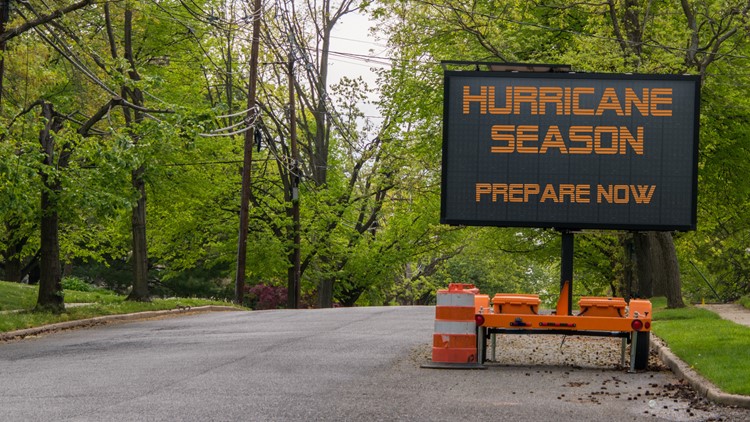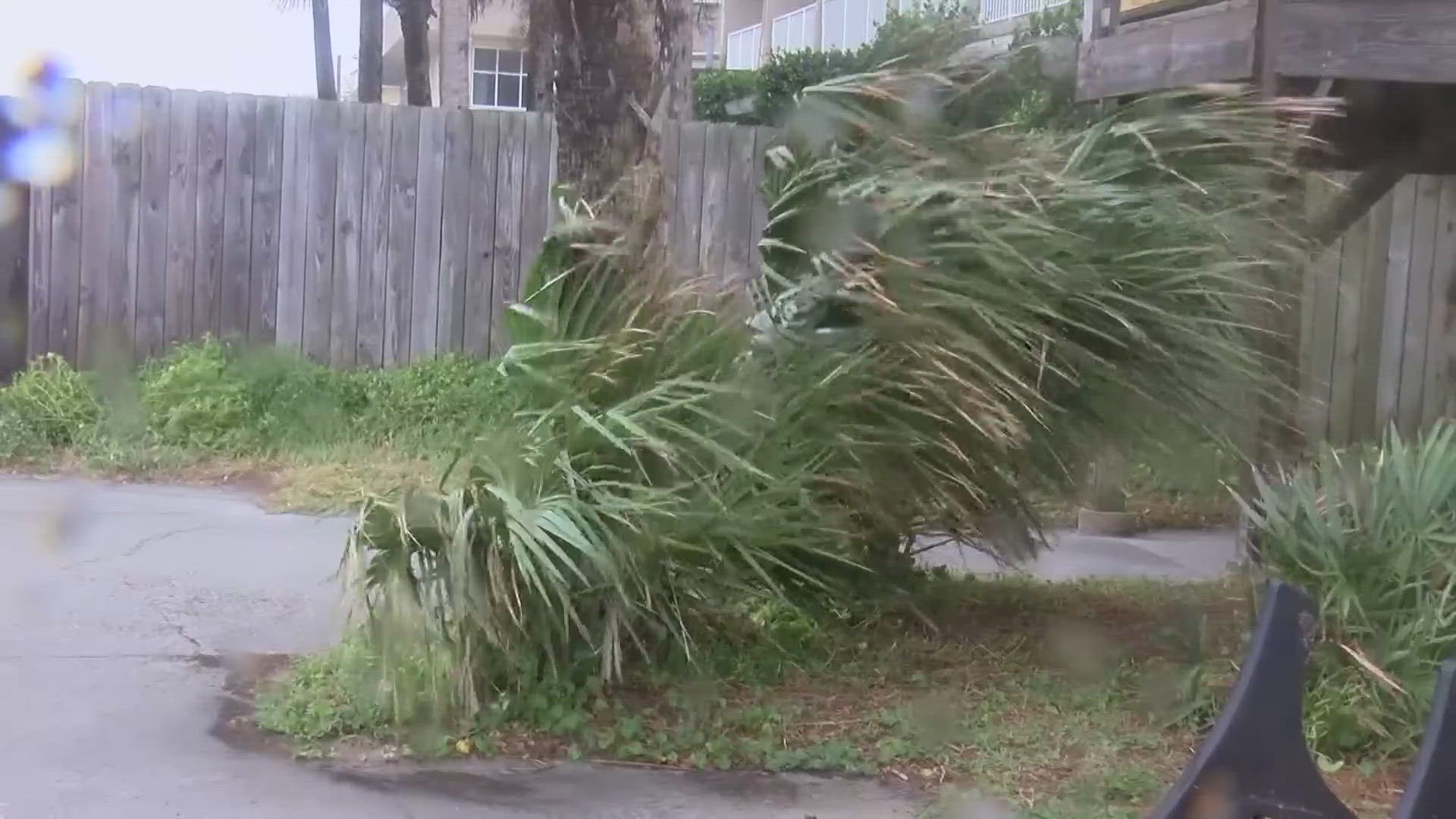NORTH CAROLINA, USA — Whether it's your first hurricane season or you're a seasoned veteran, it's always a good idea to make sure you have an updated plan.
Even if you don't live along the coast, there are multiple winds and water hazards that could happen where you live. The wind and water can be felt hundreds of miles inland, depending on how strong the storm is.
Live in an area where it's known to flood? Start preparing so you know how to handle any flooding, storm surge, strong winds, tornadoes, and rainfall during a tropical storm or hurricane.
Even if you don't live in a hurricane evacuation zone, check to see if you live in a flood-prone area. Now is the time to begin planning where you would go and how you would get there.
You do not need to travel hundreds of miles. Your destination could be a friend or relative who lives in a well-built home outside flood-prone areas. Remember, your safest place may be to remain home. Be sure to account for your pets in your plan.
As hurricane season approaches, listen to local officials on questions related to how you may need to adjust any evacuation plans based on the latest health and safety guidelines from the CDC and your local officials.
Whether you're evacuating or sheltering in place, you'll need supplies not just for the storm itself, but for the potential aftermath.
Keep enough non-perishable food, water, and medicine to last at least three days per person. If possible, store more food and water. Also, keep cash on hand, along with extra batteries for flashlights and radios.
Keep an emergency blanket handy or portable cellphone chargers.
Check with your insurance company to make sure you're covered enough to repair or even replace your home and/or belongings. Don't wait to call afterward, do it now.
Also, keep in mind a lot of home and renters insurance don't cover flooding, so you'll probably need a separate policy for that.
It's a good time to make sure your home is in good repair and up-to-date with local hurricane building codes.
If you're boarding up your home ahead of a storm, make sure you have the proper plywood, steel, or aluminum panels to board up the windows, doors, and even garage.
For renters, working with your landlord now can help prepare your home or apartment for a storm.
Don't wait until the last minute to write everything down. Do it now. Write down your plan while your thoughts are clear and you're able to think in a state of mind where you're not panicking.
Know the evacuation routes in your area. Pack your supplies ahead of time. While you're making a checklist of items you need, be sure to write down the items in your house too.



